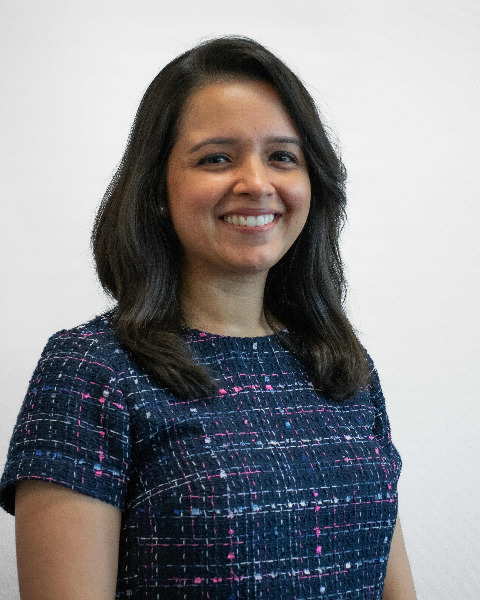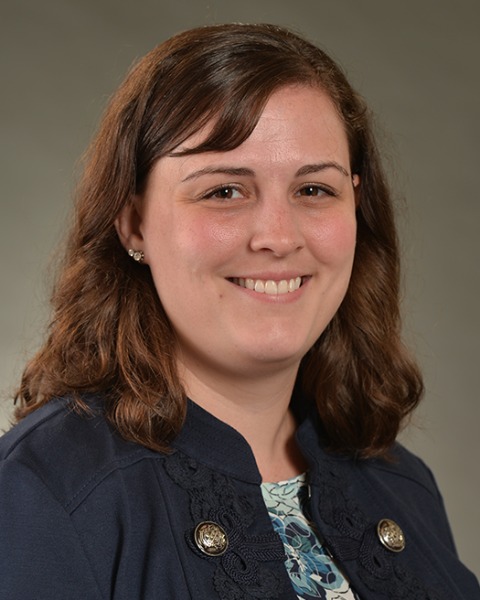Clinical/Preceptor Education (PE)
PP403 - Health Literacy in Clinical Education: Insights from Preceptors

Laura Gaeta, PhD
Associate Professor
California State University, Sacramento
California State University, Sacramento
Sacramento, CaliforniaDisclosure(s): No financial or nonfinancial relationships to disclose.
- EF
Erica B. Friedland, AuD
Chair and Professor
Nova Southeastern University
Nova Southeastern University
Fort Lauderdale, FloridaDisclosure(s): No financial or nonfinancial relationships to disclose.

Katherine Peitsch, AuD
Assistant Clinical Professor
Towson University
Perry Hall, MarylandDisclosure(s): No financial or nonfinancial relationships to disclose.
Lead Presenter(s)
Presenter(s)
Health literacy, or the ability to obtain, interpret, and understand basic health information, is critical for effective healthcare provision and management of patient health conditions. Preceptors supervising health profession students, including those in audiology, play an important role in educating future practitioners about their interactions with patients when providing patient education. The purpose of this poster presentation is to share insights from a cross-sectional survey of preceptors in audiology and other health professions about their knowledge of, perception about, and education of students regarding the role of health literacy in effective patient care.
Summary:
Rationale: Health literacy, or the ability to obtain, interpret, and understand basic health information, is critical for effective healthcare provision and patient management (Peerson & Saunders, 2009; Sorensen et al., 2012). Preceptors supervising health profession students, including those in audiology, play an important role in educating future practitioners about their interactions with patients when providing patient education (Vijn et al., 2017). Despite its significance, there is little literature (Grice et al., 2014; Taheri et al., 2020) exploring how health literacy is navigated and integrated within the audiology clinical education context.
Purpose: This study seeks to describe how preceptors across various health disciplines, including audiology, perceive and provide training about health literacy within their supervisory practices and clinical education to students.
Methods: A cross-sectional survey design was employed for this study. Preceptors from varied health disciplines, including audiology, shared their perspectives and background on health literacy education and training in student supervision. The survey probed areas such as preceptors’ understanding of health literacy, perceived importance, integration into supervision, and encountered challenges. Data collection is currently in progress but will be completed by the time of presentation.
Preliminary results and conclusions: Although respondents had an understanding of health literacy, their feelings of preparation varied, and a need for additional training in this area was identified. Anticipated findings will potentially reveal the current state, challenges, and opportunities in integrating health literacy education within clinical supervision across health disciplines. Recommendations for increasing health literacy education in audiology and other health professions training programs will be discussed.
Learning Objectives:
- identify areas for health literacy curriculum development for the classroom.
